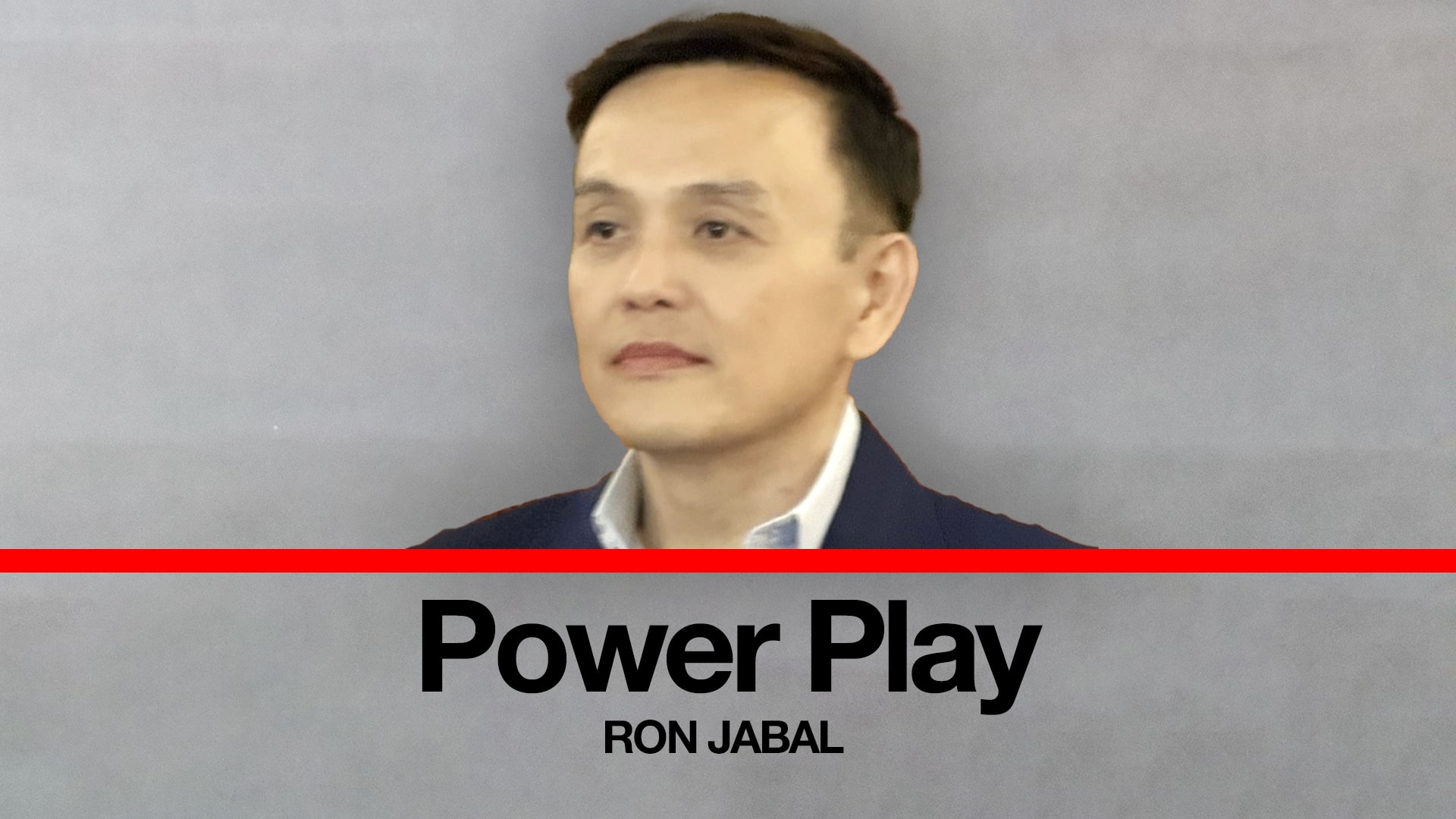Senator Imee Marcos’s new political ad, ITIM, really stands out: not for its bold visuals or dramatic score, but for the quiet power of a line that says: “Itama ang Mali.”
In just four syllables, the slogan attempts to capture the mood of a country mired in disillusionment and division. But the line’s ambiguity raises a pressing question: is it calling to correct the wrong or to make the wrongs… right?
The ad, shared widely on social media, features Vice President Sara Duterte in a symbolic display of solidarity with Marcos. Dressed in black, they speak of a nation mourning, in hunger, in fear, in silence. It’s a striking image, meant to convey urgency. But given the people delivering the message, the symbolism doesn’t just resonate, it ricochets.

The first interpretation—“Correct the wrong”—implies a moral stand. A cry for accountability in the face of injustice. A promise to fix what’s broken. But from whom is this coming?
Vice President Sara Duterte, who appears front and center, has been the subject of multiple controversies: from the unexplained use of confidential funds amounting to half a billion pesos, to her reported use of presidential chopper for personal use, to her silence amid persistent red-tagging of teachers and students under her watch as Education Secretary. These are not small matters. These are not hypothetical “wrongs.” These are live issues: deep, serious, and unaddressed.
Then there’s Senator Imee Marcos herself. A member of a political dynasty that has been mired with allegations of plunder, human rights abuses, and a dictatorship whose legacy continues to divide generations. Her presence in the ad is not just ironic, it’s almost satirical.
This is why the alternative reading of the slogan – “Make the wrongs right”- feels less like an accident and more like a quiet rebranding campaign. Are we being asked to accept, even embrace, what we once considered unacceptable? Is the ad not simply acknowledging the darkness but slowly making the case for it?
Because when you frame your political vision in black, when you speak of mourning but deny your role in the death of ideals, when you position yourself as the solution to a crisis you helped create then the slogan becomes something else. Not a promise. A provocation.
Who defines what is wrong? Who gets to fix it? And how do we stop a narrative from quietly shifting until we no longer recognize truth from spin?
“Itama ang Mali” may be one of the most deceptive slogans in recent political memory. It cloaks itself in justice while subtly recoding history, complicity, and power as misunderstood virtues. And that is its danger.
If we’re not careful, we may one day look back and realize the phrase didn’t call us to correct injustice. It asked us to forget it.







